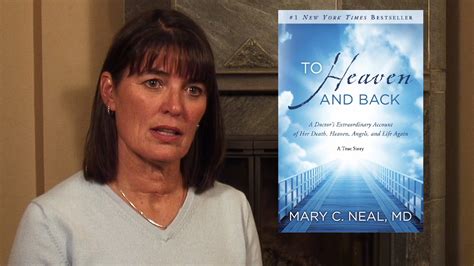A Quote by Frank Moore Cross
My own interest is far more in the Hebrew Bible. My religion is more personally related to the Hebrew Bible than it is to the New Testament.
Quote Topics
Related Quotes
Since I was 18 years old, I have taught the Bible. For the last fifteen or twenty years, I have taught every Sunday when I was home or near my own house, so that would be 35 or 40 times per year. Half of those Sundays, the text comes from the Hebrew Bible. I have had a deep personal interest in the Holy Land and in the teachings of the Hebrew people. God has a special position for the Jewish people, the Hebrews, or whatever. I know the difference between ancient Israel and Judaea, and I know the history. I don't have any problem with the Jewish people.
If you suspect that my interest in the Bible is going to inspire me with sudden enthusiasm for Judaism and make me a convert of mountain-moving fervor and that I shall suddenly grow long earlocks and learn Hebrew and go about denouncing the heathen - you little know the effect of the Bible on me. Properly read, it is the most potent force for atheism ever conceived.




























